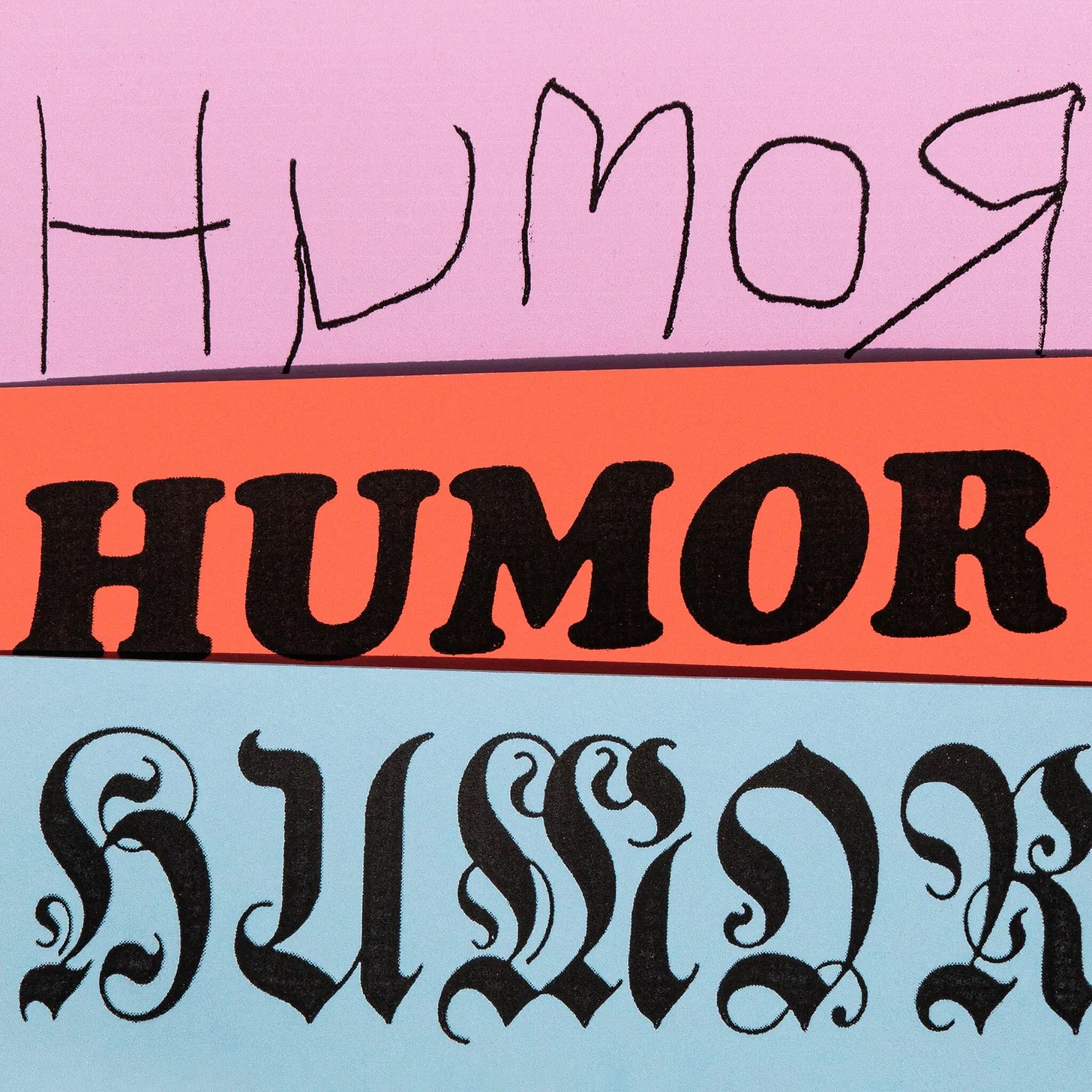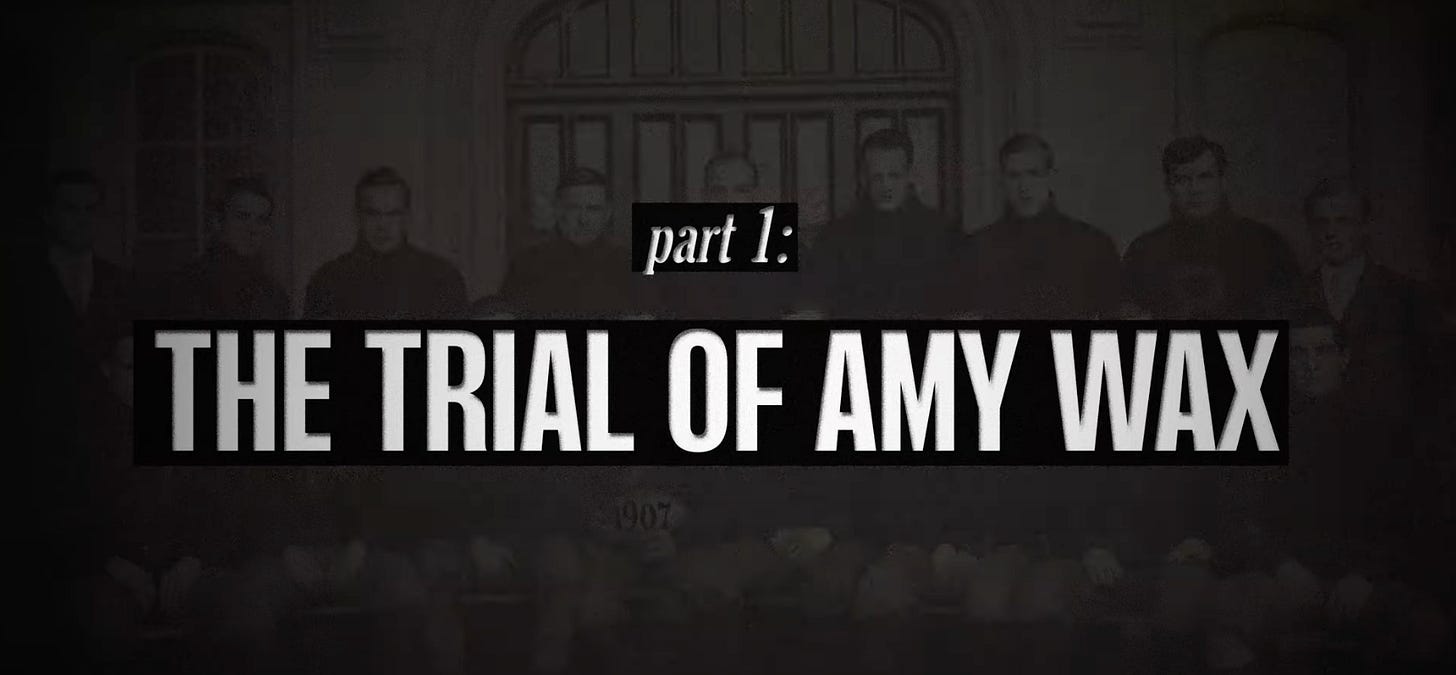Call Racial “Affinity Groups” What They Are: Segregation
For FAIR’s Substack, Joseph (Jake) Klein writes about the problematic rise in segregationist practices in the form of racial affinity groups.
Advocates of racial affinity groups claim they are not racist or segregationist, but do so while practicing racial segregation and making explicitly racist claims. For example, Truss Leadership, a so-called “racial equity” consulting group that works with numerous school districts, declares that “Racial Affinity Groups are NOT … Racist or segregationist,” but also says they are a place where white people can “reckon with their Whiteness” and non-white people can “take care of themselves and one another…in the absence of Whiteness.”
FAIR ally Ye Zhang Pogue has written beautifully for this Substack on how affinity groups in schools can harm our society by needlessly pitting people against each other along racial lines. What advocates of affinity groups often ignore is how prejudice and discrimination is often caused by diminished contact between groups, and can be overcome by increasing that contact and having group members work cooperatively instead of separately (one of psychologist Gordon Allport’s four conditions for reducing racial prejudice). This insight into the power of contact is the same idea that has driven FAIR Senior Fellow Daryl Davis’s pioneering efforts to get Klan members and neo-Nazis to give up their lives of hate.
Forcing kids to observe "Day of Silence" is wrong
For FAIR’s Substack, originally published in RealClearPolitics, Buck Angel writes about why forcing kids to observe “Day of Silence” is wrong.
So, when I see that a program like the Day of Silence is being promoted in schools, my first thought is, “Wow! Awesome idea!” I think of how it can bring awareness to all kids that LGBTQ people exist, and that there might even be one or two in your class. I think of how kids will learn to accept and even embrace others for their differences.
But I also believe in free speech and free thought. If, for whatever reason, some kids do not want to participate, they should all be able to comfortably make that choice. Instead, what is often happening is that kids are pressured into participating by their peers and their school. The Day of Silence consists of kids being told to wear all black and to stay silent throughout the school day – it’s easy to see how any kids who choose not to participate will stand out.
Some People’s ‘Funny’ Is Other People’s ‘Offensive’
For the New York Times, FAIR Advisor John McWhorter writes about the evolution of American humor.
But in our times, an even subtler kind of counterexpectation infuses much of American humor. This is the idea that people who haven’t gotten the memo on our advances in social relations are the “unexpected” element, and that they are to be ridiculed. An example would be Peter Griffin, the paterfamilias of the animated comedy “Family Guy.” The show’s general ethos is one in which open sexism, homophobia and numbness to violence — all characteristics frequently manifested by Peter — are treated as barbarisms to feel superior to. I think of this kind of humor, requiring a layered approach to what is being proposed, as humor 3.0, compared with the humor 2.0 of the chicken joke and the 1.0 of the one about lemonade.
However, there are more than a few people who are disinclined to adopt the 3.0 model of humor. To them, even laughing at the person who hasn’t gotten the memo means you still have not gotten the memo. “Family Guy” to me is a joy; I’ve seen every episode. Yet I was once surprised to hear someone describe it as off-puttingly homophobic. I hadn’t thought of it that way.
New faculty-led organization at Harvard will defend academic freedom
For The Boston Globe, FAIR Advisor Steven Pinker and Bertha Madras write about the new Council on Academic Freedom at Harvard.
The embattled ideal of academic freedom is not just a matter of the individual rights of professors and students. It’s baked into the mission of a university, which is to seek and share the truth — veritas, as our university, Harvard, boasts on its seal.
The reason that a truth-seeking institution must sanctify free expression is straightforward. No one is infallible or omniscient. Mortal humans begin in ignorance of everything and are saddled with cognitive biases that make the search for knowledge arduous. These include overconfidence in their own rectitude, a preference for confirmatory over disconfirmatory evidence, and a drive to prove that their own alliance is smarter and nobler than their rivals. The only way that our species has managed to learn and progress is by a process of conjecture and refutation: Some people venture ideas, others probe whether they are sound, and in the long run the better ideas prevail.
Should College Come With Trigger Warnings? At Cornell, It’s a ‘Hard No.’
For the New York Times, Katherine Rosman writes about an incident that occurred at Cornell and the subsequent victory for free speech on campus.
After decades of university battles over tinderbox issues of students’ rights, speech codes and how best to grapple with unpopular speakers and ideas, proponents of free speech are lauding Ms. Pollack’s quick and unequivocal action. They characterize it as part of a larger national shift, marked by university leadership more forcefully pushing back against efforts to shut down speakers and topics that might offend.
“What was unique about the Cornell situation is they rapidly turned in a response that was a ‘hard no,’” said Alex Morey, the director of campus rights advocacy for the Foundation for Individual Rights and Expression, a nonpartisan organization focused on issues of free speech. “There was no level of kowtowing. It was a very firm defense of what it means to get an education.”
There is No Free Speech "Crisis" on Campus: The Trial of Amy Wax
In this new documentary series by Rob Montz, FAIR Advisor Glenn Loury shares his thoughts on controversial Penn law professor Amy Wax.
Like her or not, firing her would be a catastrophic precedent for sustaining principles of free speech and academic freedom…
FAIR News Podcast
For audio versions of our FAIR News and FAIR Weekly Roundup newsletters, subscribe and listen to FAIR News Weekly on Apple Podcasts, Spotify, Google Podcasts, or via RSS feed.
Join the FAIR Community
Become a FAIR volunteer or to join a FAIR chapter.
Join a Welcome to FAIR Zoom information session to learn more about our mission, or watch a previously recorded session in the Members section of www.fairforall.org.
Take the Pro-Human Pledge and help promote a common culture based on fairness, understanding, and humanity.
Support FAIR and the pro-human movement with a tax-deductible donation.
Share your reviews and inform our legal team of incidents on our FAIR Transparency website.












I just watched the first episode of the documentary about Amy Wax. Bravo. Looking forward to the rest.
Language today is changing so fast it’s incredible, and it’s changing from the academy non-organically
https://michaelmohr.substack.com/p/george-orwells-politics-and-the-english